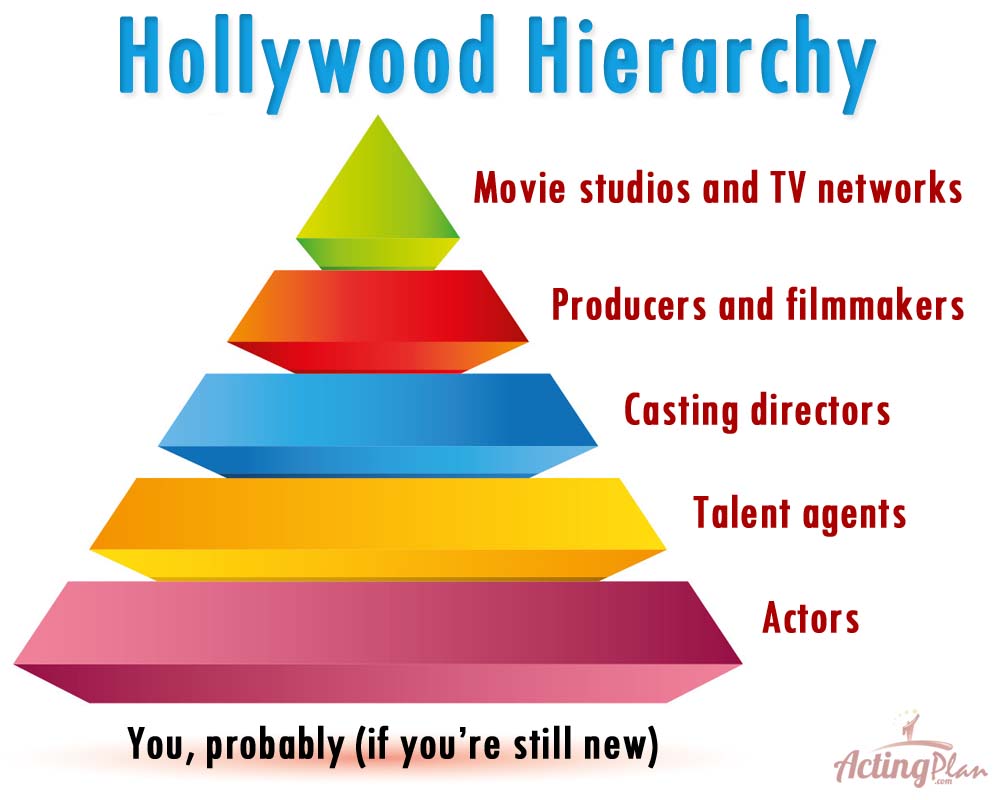The 8-Minute Rule for The Casting Connection
The Best Strategy To Use For The Casting Connection
Table of ContentsTop Guidelines Of The Casting ConnectionGetting My The Casting Connection To WorkThe Basic Principles Of The Casting Connection The 7-Minute Rule for The Casting ConnectionHow The Casting Connection can Save You Time, Stress, and Money.
A talent scout acts as a rep for artists, performers, professional athletes, and various other individuals in the enjoyment market. Their primary obligation is to promote and represent their customers' rate of interests, assisting them safe chances such as acting functions, modeling jobs, endorsements, music contracts, or sporting activities offers. Skill agents function closely with their customers to recognize their job goals and goals, and afterwards take advantage of their sector links and knowledge to bargain contracts, secure tryouts, and discover numerous avenues for direct exposure and success.Ability representatives normally function in hectic and dynamic settings that revolve around the show business. Their workplaces can vary based upon the dimension and type of agency they are used in. Here are some common elements of the work environment of a talent scout: Ability Agencies: Many skill representatives operate in ability agencies, which can vary from tiny shop agencies to huge, reputable companies.

The Greatest Guide To The Casting Connection
These meetings can occur in the agency's workplace, at client occasions, or at outside areas convenient for the client. Auditions and Spreading Phone calls: Representatives might accompany their clients to tryouts and casting phone calls, providing support and advice throughout the process. This might involve taking a trip to different locations, such as production studios, casting offices, or film collections.
These settlements often occur by means of phone or email, with representatives functioning vigilantly to protect desirable terms for their clients. Study and Industry Updates: Agents stay notified concerning market fads, casting telephone calls, and market needs. They conduct research on prospective clients, tasks, and market growths to supply valuable insights to their customers.
They use e-mail, call, video conferencing, and specialized software to remain in touch with customers and industry contacts. https://www.imdb.com/user/ur186524034/?ref_=nv_usr_prof_2. High Pressure and Long Hours: The enjoyment market operates on limited timetables and due dates - Talent Agency Database Services in the United States. Talent agents usually work lengthy hours, consisting of nights and weekends, to guarantee they are available to react to possibilities and customer needs promptly
They need to be critical and persuasive to protect the most effective bargains for their clients, whether it's for a duty in a film, a modeling contract, or a songs bargain.
A Biased View of The Casting Connection
In a couple of words: Essentially, a talent agent is hired by the actor to stand for the actor. The actor's representative looks out for ability's passions, working on their part (the really definition of "representative").
They are employed by the producer or the end-client, and their allegiance is to that side of the go to this site production chain. Yet is the difference actually so straightforward? No. We'll require a few more words First, let's clear up words "agent." In the service of item marketing and advertising and marketing interactions, there are all type of representatives.

And yet, although the talent representative is paid by ability (usually using commission), they need to likewise satisfy the producer to do their work efficiently. Casting Agent: Rarely in major markets, yet occasionally in smaller sized markets, some talent scout play both duties, a minimum of functionally. They represent the skill (normally being paid by commission), but they might also carry out auditions themselves.
See This Report on The Casting Connection

Ad agency: This firm stands for the "advertiser," which is the company that creates or markets the item or solution being marketed. https://forums.hostsearch.com/member.php?265877-castingconnecti. With the growing of media types over current decades, an advertising agency might produce any kind of advertising communication or audio product, varying from a radio commercial to a viral internet video
These, and representatives by other names are analogous to the advertising and marketing company, because they offer the marketer, in different means. Their service may be more comprehensive (e.g., an advertising and marketing agency might do anything that is marketing-related), or could be much more details (e. Theatre audition scripts and librettos.g., a media firm suggests and/or gets media time and space)
The Casting Connection for Beginners
Ability Precursor. This is not so much a title as an approach to finding and choosing new talent. It describes looking for intriguing (and hopefully capable) skill, instead of heading out through the conventional casting chain and having actually chosen choices come back. The hunting process might include the complete world of trained, developed skill, yet is not necessarily limited to them.
From a client/producer's point of sight, hunting for ability is a legitimate strategy, but possibly not their only technique. It's naturally inefficient and unpredictable; the talent might have some distinctive high quality, however be untrained, undirectable and/or undependable, and certainly, the start of a limited manufacturing routine is not the time to begin searching for diamonds in the harsh.